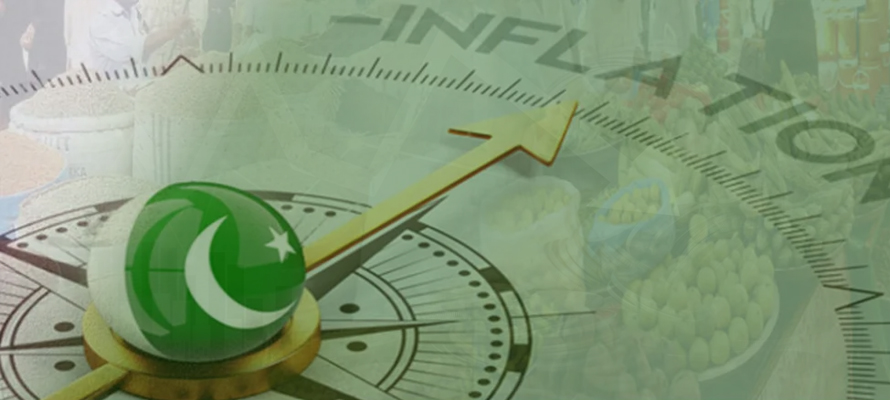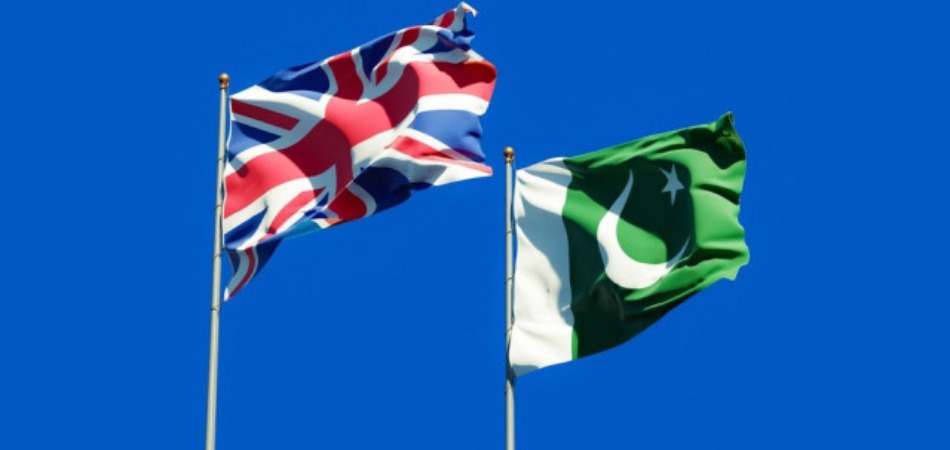CPI for June: A Momentary Reprieve

Nilam Bano | July 04, 2023 at 05:38 PM GMT+05:00
July 04, 2023 (MLN): The June reading of inflation numbers brings a glimmer of optimism as it recorded a 5-month low of 29.4% YoY compared to a peak of 38% YoY in May 2023 and 21.3% in June 2022.
This has taken the average inflation of FY23 to 29.2% compared to 12.2% in FY22.
The YoY surge in CPI during June 2023 was led by Food, Transport, Housing, Restaurants, Alcoholic Beverages & Tobacco, House Hold Equipment, Recreation & Culture, and Clothing & Footwear, witnessing a jump of 39.5% YoY, 20.3% YoY, 11.6% YoY, 36.4% YoY, 109.5% YoY, 41.6% YoY, 68.0% YoY, 21.0% YoY, respectively.
While on a sequential basis, the CPI observed a drop of 0.3%, marking the first MoM decline since September 2022. In the out-going month.
As mentioned earlier in our previous notes, the decline was mainly due to the high base effect kicking in while the food, transportation, and housing segment observed a meager drop of 1% MoM, 2.1% MoM, and 0.2% MoM, respectively. Meanwhile, the temporary respite in prices of items like eggs, wheat, edible oil, fruits, liquefied hydrocarbons, and motor fuel played their part to cool off the inflation during the review month.
Though the prices on the MoM basis slightly edged lower the IMF is there and the latest deal with the fund for $3 billion was signed on strict conditions which may limit this benefit of a high base.
Consequently, the hike in electricity and gas tariffs and increased PDL limit of Rs60 per litre on retail fuels along with crisp taxation measures in budget FY24 will also increase pressure on the consumers, indicating an upside risk to the FY24 average CPI target of 21% set by the government.
On the other hand, the latest report by Bloomberg said, “We expect the deceleration to continue, albeit gradually.”
The report also warned that the disinflation will be gradual because of a weaker rupee, tax increases, and higher electricity tariffs likely to be adopted to meet demands from the IMF.
The citizens of cash-strapped Pakistan have been continuously enduring the burnt of rising prices due to prevailing macroeconomic and political instability. In an attempt to control the genie of inflation, being the central bank, the State Bank of Pakistan (SBP) adopted a contractionary monetary policy.
As a result, the Central Bank increased the policy rate to 22% on June 27, 2023, citing upward revisions in taxes, duties, and PDL rates in the FY24 budget as approved by the National Assembly on June 25 and withdrawal of its general guidance for commercial banks on the prioritization of imports as the core reasons.
It is important to note that the SBP has been increasing the policy rate by 1,450 basis points since September 2021, but the real interest rate is still hovering in the negative territory at 7.4%.

Outlook:
Though the June inflation came as a relief, the outlook is not so promising as the country is in the so-called Standby Agreement with IMF, and that too on stricter terms pertaining to energy tariff, rolling up subsidies, and increasing revenue collection.
Besides, the hike in interest rates will add extra pressure on the cost of production of the major sectors which will ultimately be transferred to the end consumer, posing a threat of another inflationary peak.
In addition, the global volatile prices of commodities mainly oil in the international market will remain the key component to aggravate and calm the inflation tides.
Copyright Mettis Link News
Related News
| Name | Price/Vol | %Chg/NChg |
|---|---|---|
| KSE100 | 136,502.54 259.91M |
1.64% 2202.77 |
| ALLSHR | 85,079.90 838.35M |
1.26% 1061.74 |
| KSE30 | 41,552.62 97.27M |
1.81% 738.33 |
| KMI30 | 193,330.76 84.69M |
0.39% 741.60 |
| KMIALLSHR | 56,315.31 366.02M |
0.43% 243.06 |
| BKTi | 38,498.08 37.91M |
4.13% 1526.33 |
| OGTi | 28,138.38 5.66M |
-0.36% -101.89 |
| Symbol | Bid/Ask | High/Low |
|---|
| Name | Last | High/Low | Chg/%Chg |
|---|---|---|---|
| BITCOIN FUTURES | 120,555.00 | 123,615.00 118,675.00 |
2025.00 1.71% |
| BRENT CRUDE | 69.14 | 71.53 69.08 |
-1.22 -1.73% |
| RICHARDS BAY COAL MONTHLY | 97.50 | 0.00 0.00 |
0.25 0.26% |
| ROTTERDAM COAL MONTHLY | 106.50 | 106.60 106.50 |
-2.20 -2.02% |
| USD RBD PALM OLEIN | 998.50 | 998.50 998.50 |
0.00 0.00% |
| CRUDE OIL - WTI | 66.89 | 69.65 66.84 |
-1.56 -2.28% |
| SUGAR #11 WORLD | 16.31 | 16.67 16.27 |
-0.26 -1.57% |
Chart of the Day
Latest News
Top 5 things to watch in this week
Pakistan Stock Movers
| Name | Last | Chg/%Chg |
|---|
| Name | Last | Chg/%Chg |
|---|



